38+ SAMPLE Employment Contracts for Restaurants, Cafes, and Bakeries
-
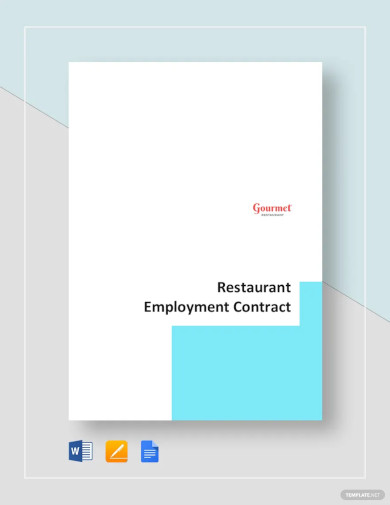
Restaurant Employment Contract Template
download now -
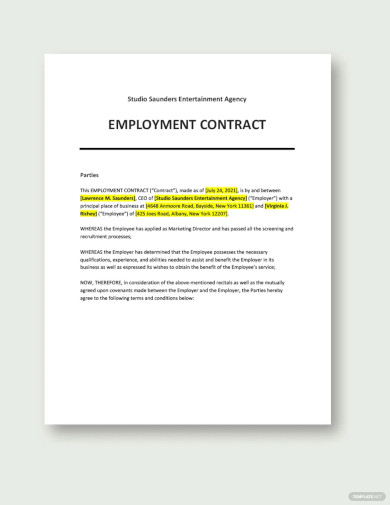
Employment Contract Template
download now -
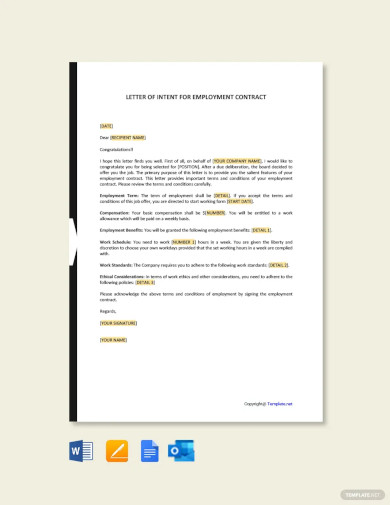
Letter of Intent for Employment Contract Template
download now -
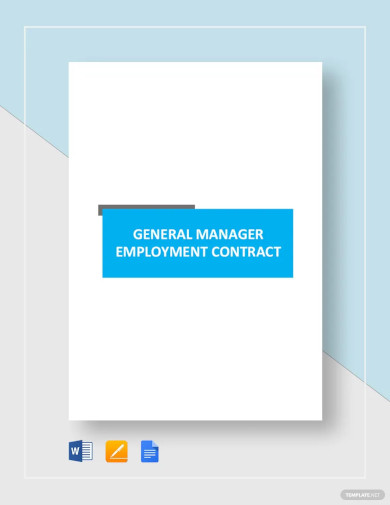
General Manager Employment Contract Template
download now -
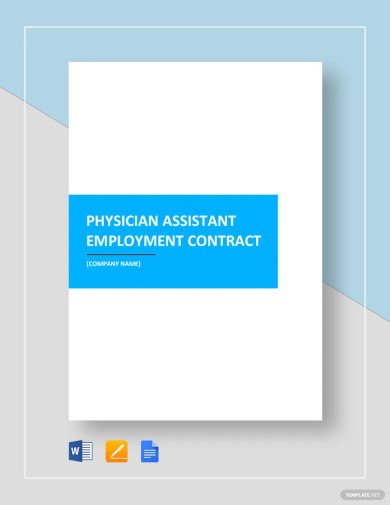
Physician Assistant Employment Contract Template
download now -
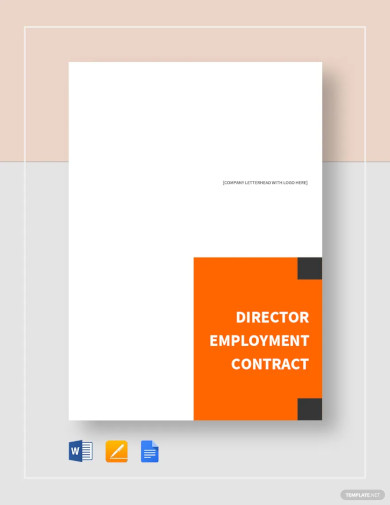
Director Employment Contract Template
download now -
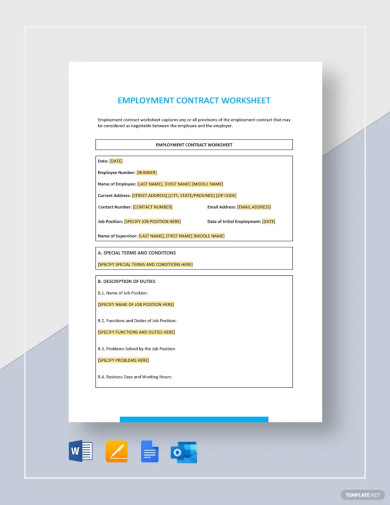
Employment Contract Worksheet Template
download now -
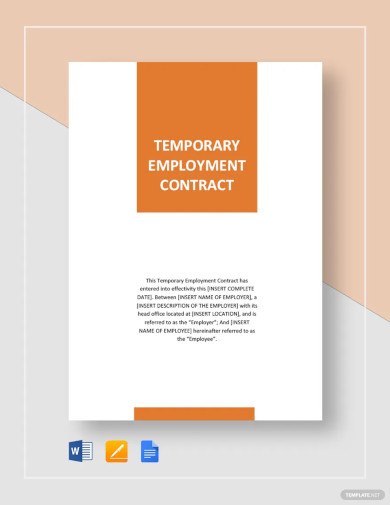
Temporary Employment Contract Template
download now -
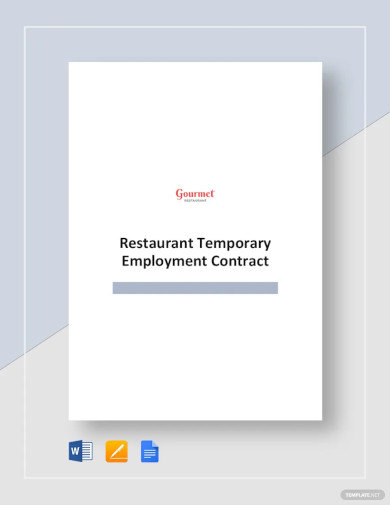
Restaurant Temporary Employment Contract Template
download now -
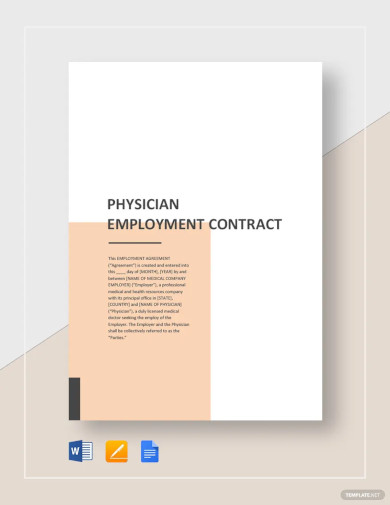
Physician Employment Contract Template
download now -
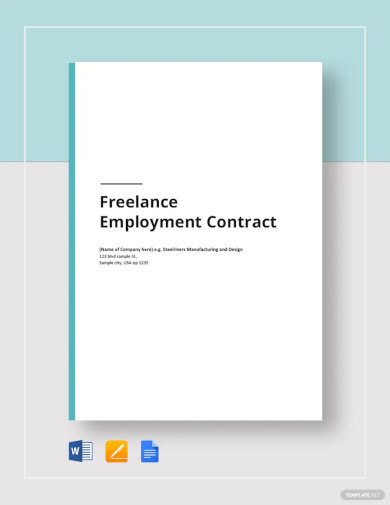
Freelance Employment Contract Template
download now -
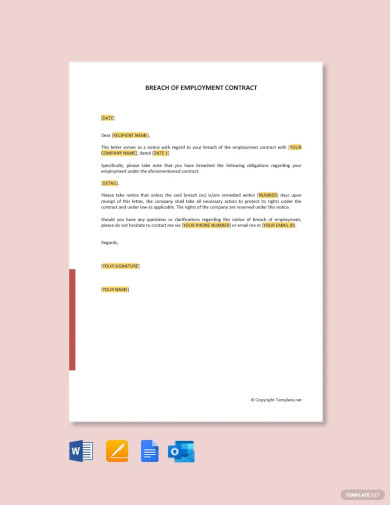
Breach of Employment Contract Letter Template
download now -
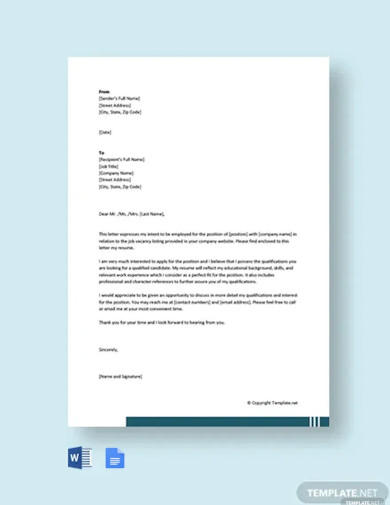
Free Sample Letter of Intent for Employment Contract Template
download now -
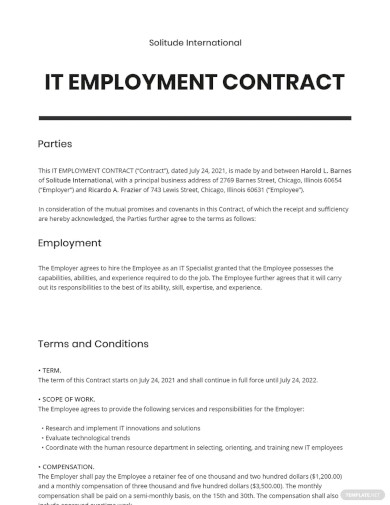
IT Employment Contract Template
download now -
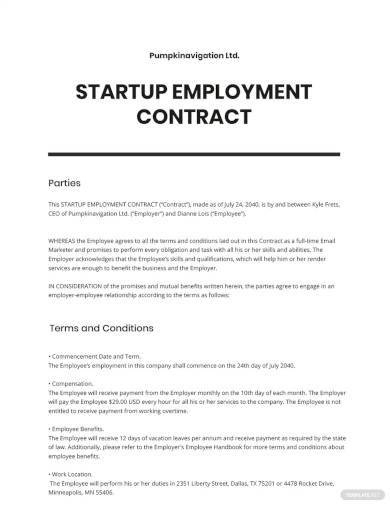
Startup Employment Contract Template
download now -
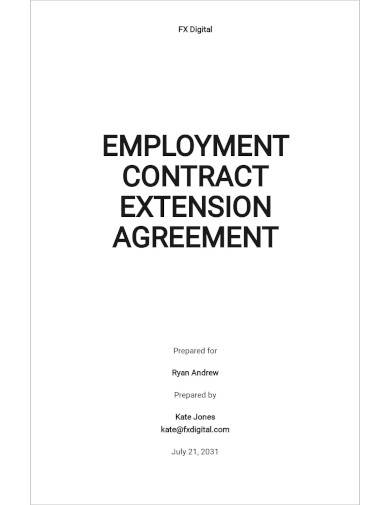
Employment Contract Extension Agreement Template
download now -

Employment Contract Letterhead Template
download now -
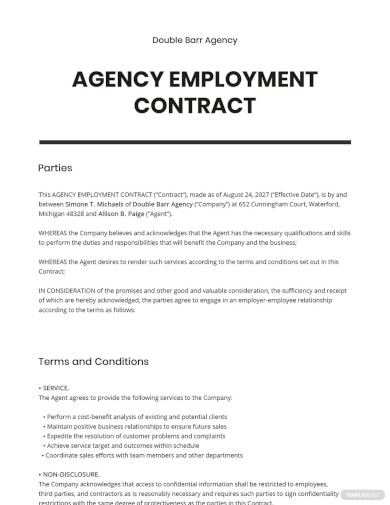
Agency Employment Contract Template
download now -
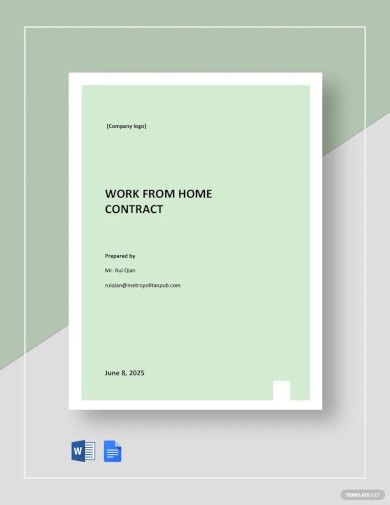
Work From Home Employment Contract Template
download now -
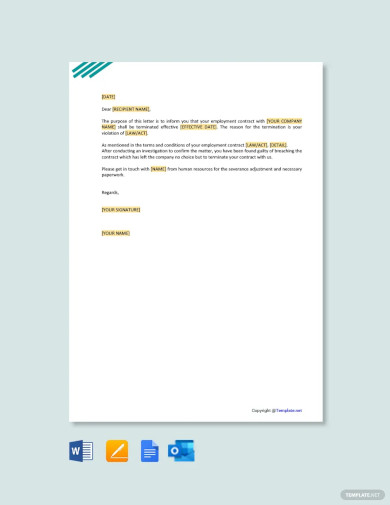
Free Employment Contract Termination Letter Template
download now -

Sample Employment Contract Template
download now -

Basic General Manager Employment Contract Template
download now -

Sample Employment Contract Worksheet Template
download now -
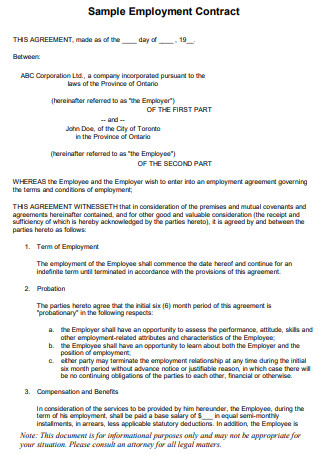
Sample Restaurant Employment Contract
download now -
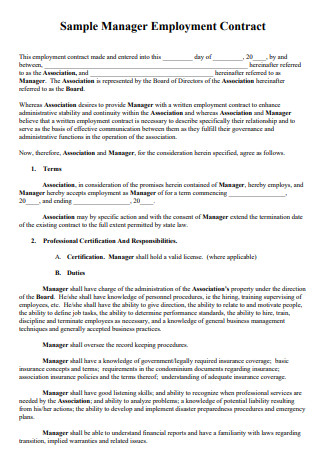
Sample Manager Employment Contract
download now -
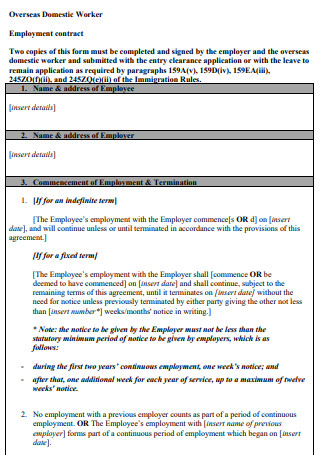
Domestic Cleaning Worker Employment Contract
download now -
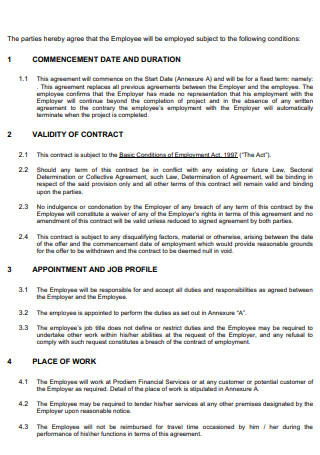
Fixed Term Employment Contract
download now -
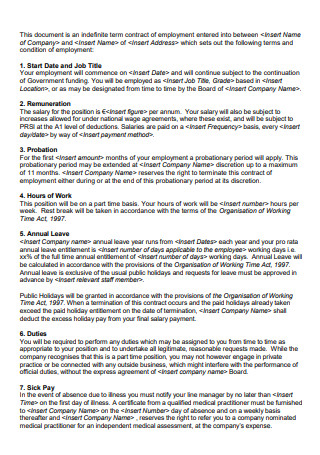
Part-time Cleaning Employment Contract
download now -
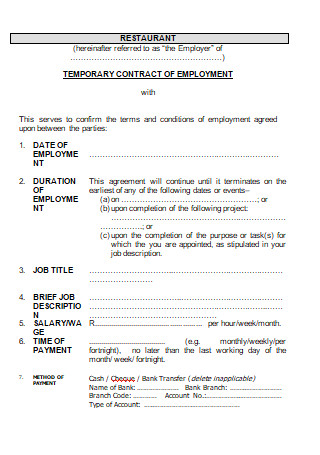
Temporary Employment Contract
download now -
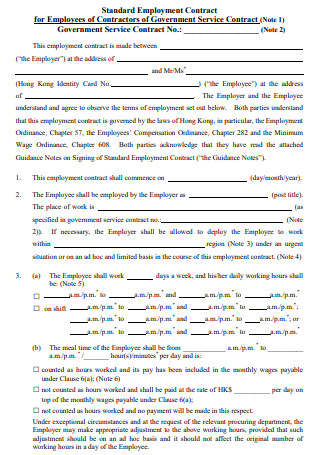
Standard Employment Contract
download now -
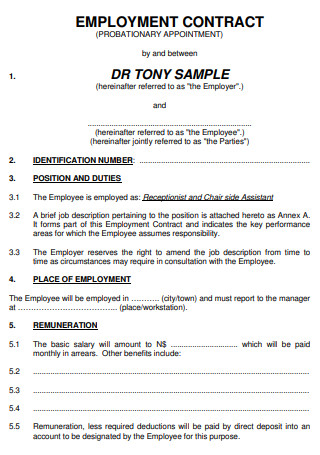
Basic Employment Contract
download now -
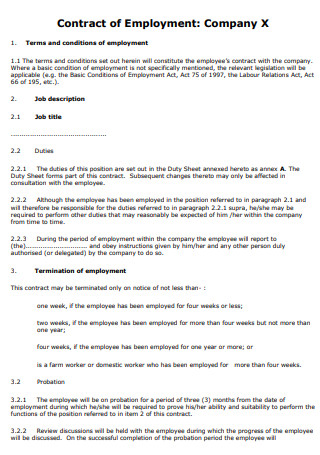
Permanent Cleaning Employment Contract
download now -
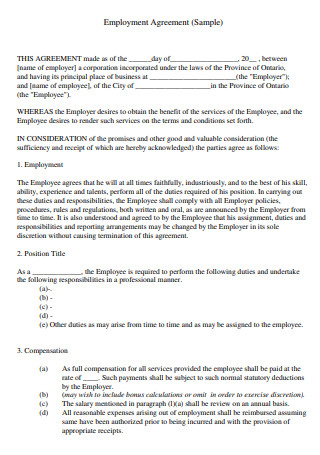
Restaurant Employment Agreement
download now -
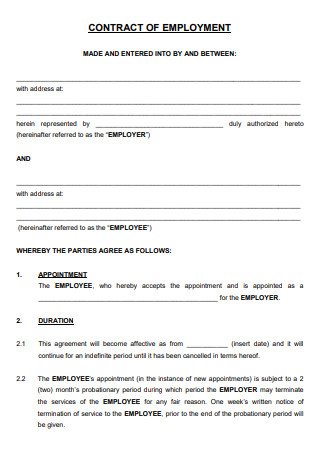
Bakeries Employment Contract
download now -
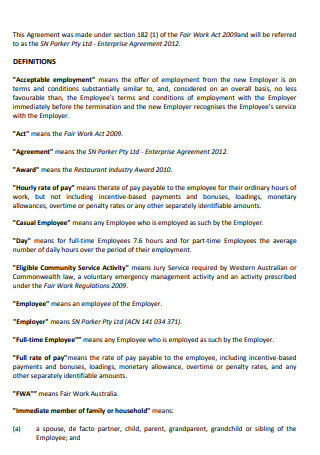
Cafes Employee Collective Contract
download now -
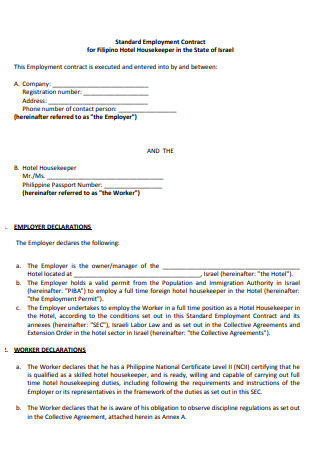
Hotel Employment Contract
download now -
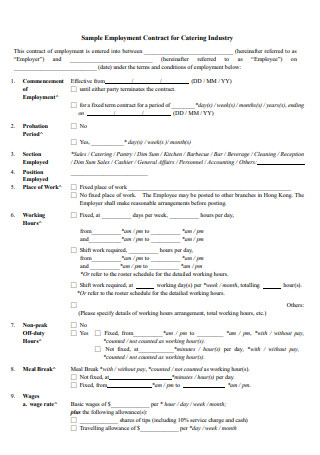
Employment Contract for Food Catering
download now -
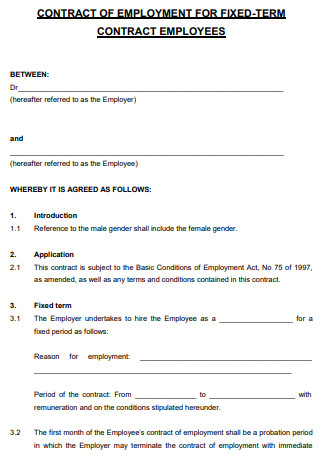
Bakery Employment Contract
download now -
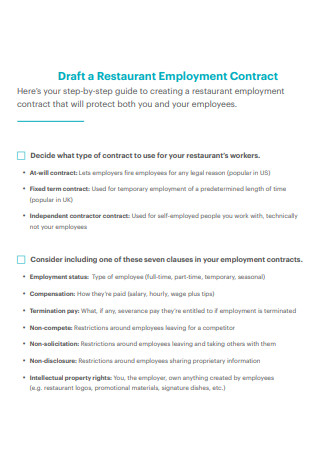
Draft Restaurant Employment Contract
download now
FREE Employment Contract for Restaurant s to Download
38+ SAMPLE Employment Contracts for Restaurants, Cafes, and Bakeries
What Are Employment Contracts for Restaurants, Cafes, And Bakeries?
What Are the Benefits of Employment Contracts?
What Is Included in The Employment Contracts for Restaurants, Cafes, And Bakeries?
Which Employees Should Sign an Employment Contract?
What Are the Types of Employment Contracts?
How Do You Write an Employment Contract?
FAQs
What are the conditions in an employment contract?
Are employment contracts common?
What are the disadvantages of a contract?
What happens if an employee refuses to sign an employment contract?
What is an implied employment contract?
Do employment contracts renew each year?
What Are Employment Contracts for Restaurants, Cafes, And Bakeries?
An employment contract for restaurants, cafes, and bakeries is a document that is signed by both employer and employee. It lays out the terms of the employment relationship. It clearly states what you expect from the employee in terms of job duties and responsibilities, and in return, what he or she can expect from you especially when it comes to the salary and benefits.
Typically, employment contracts are signed by both parties after the job offer has been recognized and before the employee’s first day of work or within the first few weeks of being on the job. Moreover, you should be aware that having really great employees is the key to the business’ success. You are going to have to find these people and try to get them to work for you if you want your business to be at the top of the food industry.
What Are the Benefits of Employment Contracts?
Making an employment contract for each new hire has benefits and advantages for you and your employees. Here are a few of the key elements of employment agreements:
This reduces the chances that one party will take legal action later on since employment contracts are legally binding documents that employers and employees agree to. In addition, the employment contract lets employees know exactly what is expected of them and what actions will be taken if they do not comply.
The paid time off (PTO) portion of an employment contract helps to limit your employees’ overtime pay and holiday pay, which makes you in control and helps your employees understand how many holiday hours and overtime pay they are given truthfully. This can help your business save time and money.
If your business deals with classified information, you may opt to add a confidentiality clause that prohibits your employees from disclosing sensitive information.
If you know that the employee is going to leave someday, then there may be things about your establishment that you wouldn’t want your competition to know about. You can use the contract to protect sensitive and confidential information. This is why stating it in the employment contract that the employee must not disclose any information regarding the company to anyone other than his coworkers or superiors is something that will help protect your establishment’s most coveted information.
You do not want your best employee to just unexpectedly leave you without any notice, right? You can prevent your star employees from just leaving by placing restrictions. The employment contract is one of the best things that can help you out with that as you can take in terms and conditions regarding how and when they may be able to leave the company. Also, this will allow you to do better staff planning if an employee decides to leave the company. Employee resignations are always a hard thing to deal with, but with the help of a proper employment contract, you can easily plan out a replacement by finding someone within your staff that can meet the qualifications of the person who just left.
Furthermore, they can be used to specify the roles of each person who has been employed. You are going to want to inform your employees what they are supposed to be doing and they should know how they are going to do it. And this can all be perfectly explained with the help of a detailed employment contract. This type of contract can also be used to attract ideal employees with additional incentives since each employee contract can be customized. People are going to want to work for an establishment that rewards them for all of their efforts. By taking in incentives within an employment contract, there is a higher chance you will be getting the employees that your food business needs.
What Is Included in The Employment Contracts for Restaurants, Cafes, And Bakeries?
Some employment contracts limit the right to terminate employment “at will,” generally by dictating the term or duration of employment, notice requirements, and/or grounds for termination. An employment contract may comprise:
- PTO/vacation policies
- Grievance procedures
- Non-disclosure and non-compete agreements
- Ownership agreements and assignment clauses
- Dispute resolution methods (like mediation or arbitration)
- Provisions for breach of contract
- Duration of employment, if applicable
- Salary or wages
- General job responsibilities
- Work schedule
- Benefits
- Severance pays, if applicable
- Termination details
While most employment relationships are “at will” rather than under contract, written employment contracts are generally used to specific key or high-level employees. They offer several benefits and protections, but drawbacks as well.
Which Employees Should Sign an Employment Contract?
All employees should generally sign an employment agreement. However, terms and conditions in your contract could differ based on the type of employee you are hiring. Here is a breakdown of the common types of employees:
Full-time: Employees who reached the requirements for full-time hours (usually 40 hours per week) and are employed on a permanent basis with no predetermined end date.
Part-time: Employees who work lesser than 40 hours per week or normally 25-35 hours per week and are employed on a permanent basis with no predetermined end date.
Fixed-term: Employees who are employed for a particular period of time with an agreed-upon end date. These employees are different from independent contractors, because they are treated as employees throughout the duration of employment.
What Are the Types of Employment Contracts?
An employment contract should be read in its entirety before being accepted. It is important to understand who is considered an employee and what the difference is between a permanent, fixed term and independent contractor.
When presented with an employment offer it is important to read the contract. You should understand and be transparent on the terms offered before accepting. Consult a professional or discuss with your prospective employer directly to avoid unnecessary future disappointments.
How Do You Write an Employment Contract?
There are a few things one should know about employment contracts before drafting for a business. Here are some steps to use as a guide when writing an employment contract:
Step 1: Title the Employment Contract
Provide the employment contract a title so the person who reviews or signs the document understands what it is. For instance, you could name the document “Employment Agreement” or “[Your Company Name] Employment Contract.”
Step 2: Identify the Parties
Employment agreements normally state which parties are entering into the contract. Consider clearly writing out the business name and the name of the person you are hiring.
For example: ‘This employment agreement is between Avengers Corp. (‘the Employer’) and Chris Evans (‘the Employee’).’
Step 3: List the Terms and Conditions
Other parts of the minimum terms and conditions for employment contracts are set by federal and state governments. These terms and conditions include things such as working hours and severance packages. Terms and conditions vary by jurisdiction so it is vital to check your state and local laws regarding employment.
Other terms and conditions beyond labor laws are up to you to choose. These things often include benefits, sick pay, dress code, and some other terms.
Step 4: Outline the Job Responsibilities
Show the new hire with an outline of their job responsibilities to make sure they know what is expected of them. If you want to present a more inclusive outline of responsibilities, you could assign percentages to each responsibility. For instance, let us say your employment agreement is between you and a customer service representative. Responsibility percentages could look something like 70% responding to guest requests, complaints, and concerns; 20% collaborating with managers to improve customer experience and; 10% tidying up the sales floor.
Step 5: Include Compensation Details
Ensure you clearly state compensation details in your employment contract. Through this, there is no confusion regarding the new hire’s first or second paycheck. Here are the things you should consider including in the compensation portion of the contract:
- How the employee will be compensated
- Which holidays are paid and not paid
- How overtime is calculated
- If there are annual bonuses
Step 6: Use Specific Contract Terms
Employment contracts generally have specific contract terms such as effective date, type of employment, notice, termination, dispute process, applicable law and severability.
Step 7: Consult with An Employment Lawyer
After completing the first draft of the employment contract, get an attorney or legal professional to view the contract to make sure it is in accord with all applicable laws. This may help protect your business from future lawsuit regarding employment contracts.
FAQs
What are the conditions in an employment contract?
Conditions of an employment contract are the rules, requirements, and policies an employer and employee agree to follow during the employee’s service to the company. They talk about the rights and obligations of each party in detail.
Are employment contracts common?
Most employees do not have employment contracts. They work under an indirect employment contract, which means that the overall terms of employment are determined by state and federal laws as well as previous court cases, a legal concept called common law.
What are the disadvantages of a contract?
You will have to settle with the employee, renegotiate the contract, or face financial penalties for breach of contract. Employment contracts may limit your flexibility in other ways. Moreover, the contract will bind you to an employee even though the employee may not be what the establishment needs any longer. For example, you hired an employee to take over a certain position, but you have figured out that you don’t need this position at all. You won’t be able to fire the employee just because he or she is no longer needed, so you will have to be very wary with the terms and conditions of the employment contract.
What happens if an employee refuses to sign an employment contract?
If an employee refuses to sign an employment contract, then they are losing the position and choosing not to work for the company. In some situations, you could renegotiate certain parts of the employment agreement so that both parties are happy and the contract gets signed.
What is an implied employment contract?
An implied employment contract includes verbal comments made during a job interview or promotion, or anything that is written in an employee handbook or job offer letter, different from a written employment contract. For example, if you tell a job candidate during their interview that they will receive a pay raise each year when they are hired, this could be considered as an implied contract. Implied employment contracts are naturally only legally binding when there is an absence of a written employment agreement.
Do employment contracts renew each year?
Employment contracts are effective for as long as an individual is employed with a company. There is usually no need to rewrite employment contracts each year under most circumstances. If an employee is promoted, you may need to update their job description and request they sign the updated form.
Making use of employment contracts can be very pricey if one does not write it with both clear intent and care. And even so, there is a chance that you are going to be locked in a situation that is not going to benefit anybody. So, making use of employment contracts is solely up to you.
Generally, one of the best ways to find people who can be a great asset to the business is through word of mouth. Check with your good friends, family, or even your staff if they know anyone that may be interested in taking up a position within your company. Most likely, they are going to give you recommendations and, given the source of information, there is a higher chance that these references are people who will actually help pave your company’s way to success.
